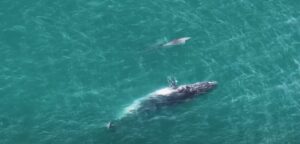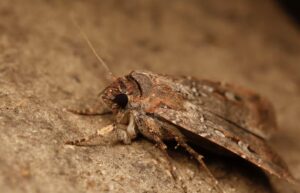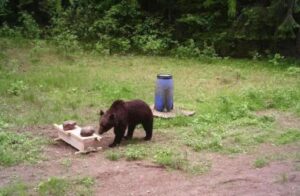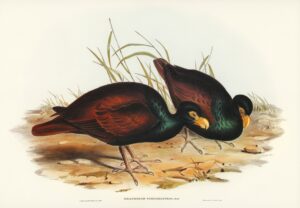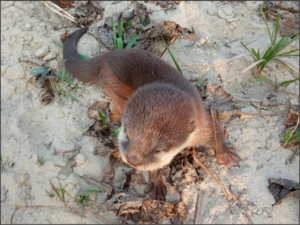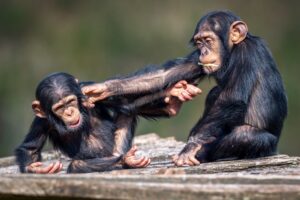More than 100 dolphins have died in a Brazilian Amazon lake because of drought and water temperatures up to 39˚C (102˚F).
Dolphin bodies have been emerging from Lake Tefé for the last few weeks, researchers from the Brazilian Ministry of Science-funded Mamirauá Institute told CNN. While wet and dry seasons are a normal part of the Amazon River’s ecology, the extreme drought soaring water temperatures are unusual, officials said.
The Guardian reported that thousands of dead fish have also risen to the surface of Lake Tefé in recent days.
“The past month in Tefé has seemed like a science-fiction climate-change scenario,” British researcher Daniel Tregidgo told the paper. “Regular sightings of pink river dolphins are one of the great privileges of living in the heart of the Amazon. Pretty much every time I go to the market to have breakfast, I see them come to the surface and it reminds me why I live here.
“To know that one has died is sad, but to see piles of carcasses, knowing that this drought has killed over 100, is a tragedy.”

Lake Tefé and the surrounding watershed is experiencing lethally warm water temperatures. Photo: Shutterstock
Shallow, hot water
The two primary factors behind the lethally warm water are the shallow river depth and unseasonably warm air. The water level in some parts of the river is almost half the depth that it should be at this time of year.
The pink river dolphin, known locally as a boto, is one of six remaining freshwater dolphin species worldwide. The International Union for the Conservation of Nature classifies the cetaceans as endangered. Brazillian officials and volunteers are currently trying to relocate distressed dolphins to the main river channel where water temperatures are cooler, but the work is delicate and time-consuming.
“Transferring river dolphins to other rivers is not that safe because it’s important to verify if toxins or viruses are present [before releasing the animals into the wild],” Mamiraua Institute researcher Andre Coelho told CNN.

